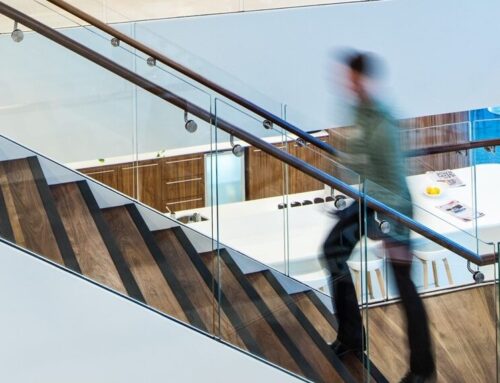24 January 2025
This year’s nominees were of an exceptional calibre, each demonstrating the qualities that David himself valued in NDY staff: dedication, technical excellence, service to the community and exceptional client management.
Congratulations to our nominees for 2024:
- Leigh Davey, Melbourne
- Matthew Lau, Perth
- Matthew Bonell, London
- Percy Morphy, London
- Alicia Troeger, Brisbane
- Usama Asad, Canberra
- Melody Tsai, Vancouver
- Shrinivas Sapre, Sydney
- Justin McKee, Sydney
We’re pleased to announce Leigh Davey as the winner of the 2024 David Norman Young Engineer of the Year.
Based in our Melbourne office, Leigh has earned recognition for his outstanding contributions to major Australian projects with clients such as Stockland, JLL and Lendlease. His commitment to delivering exceptional service and his ability to create bespoke technology solutions have led to practical, results-driven outcomes that make a difference where it matters most—on the ground and for our clients.
“Leigh has fantastic people and management skills. He shows great maturity when faced with challenges and multitasking, always thoughtful and considerate in his response. He has demonstrated great integrity in his communication with others and through his project leadership and design work, has already proven that he is a role model.”
– Ben Chan, Office Director – Melbourne
Here’s a word from Leigh, officially NDY’s most outstanding young engineer for 2024.
Winning the David Norman Young Engineer Award for 2024 is an incredible accomplishment. How does it feel to be recognised for your hard work and contributions?
I feel proud of the whole team as well as myself. It was a big year for the structures team. We worked hard and delivered some amazing work and this feels like the cherry on top for me.
Your passion for engineering clearly shines through in your achievements. But if we rewind the clock, what first sparked your interest in this field?
I can honestly pinpoint the exact moment I decided I wanted to be a structural engineer. I’ve always been quite good at math in high school and had a curious mind for problem-solving, so engineering, in a broader sense, was already on my radar.
But when I went on city experience in year 10 and walked through the inner city streets, I couldn’t stop looking up at the high-rises. I was dying to know how they were built—how they could stay up in a storm or an earthquake.
I decided on that day that’s what I wanted to do and I haven’t looked back since.
Throughout life, certain moments or people leave a lasting mark. Is there a career moment that stands out as a turning point for you—something that shaped the engineer you are today?
There have been a few big moments for me so far that have taught me valuable lessons, for sure. One was a non-compulsory site inspection in my first 6 months at NDY. It was supposed to give me a feel for construction sites but ended up teaching me why the site phase can be just as important as the design phase.
Until that point, I’d assumed that whatever we had put on our drawing was what we would see onsite. Safe to say, that dream was swiftly crushed.
Engineering is undoubtedly a big part of your life, but it’s not the whole picture. What do you enjoy doing outside of work that brings you joy or helps you unwind?
I love writing and playing music. I’ve been playing in bands and at pubs since I was 18 and doubt I’ll ever stop.
For me, music is so important. Writing a song is not just a creative outlet—it’s a brain teaser, a diary entry, meditation and therapy. It does wonders for my mental health. And who isn’t excited by the prospect of turning a guitar amp up to 11 and making the walls shake!
Drawing from your experience so far, what advice would you give to young engineers fresh out of university as they start their careers?
Something I learned early on that saved me from stress in the first few months of my career: ask for feedback and constructive criticism. I know it sounds boring, but I think it’s the difference between someone trying to get by and someone trying to excel.
It’s not just about finding out what you can do better—it’s about dispelling the self-doubt every graduate feels. A lot of the time, you’ll find you’re doing much better than you thought you were. And even if you aren’t, now you know how you can get better.
It takes that vague and overwhelming feeling of inadequacy and makes it something tangible you can work towards. Try it and feel the weight come off your shoulders and become something you can mould.
If you could work on any dream project, with no limits on resources or possibilities, what would it be and why?
I like the idea of an underground high-rise. Picture a garden or forest with 40 levels of basement beneath, complex mirror tunnels providing views of the outside, utilising the bedrock as a gravity support system and using groundwater instead of rainwater.
I haven’t thought too deeply about it, but I love the idea of working on something revolutionary—something that uses nature in a creative way.
But short of that, I would definitely settle for a mass timber high-rise. I’d like to help make mass timber a material that developers, architects, builders and engineers are eager to use, rather than a boutique solution that often isn’t even explored as an option.









